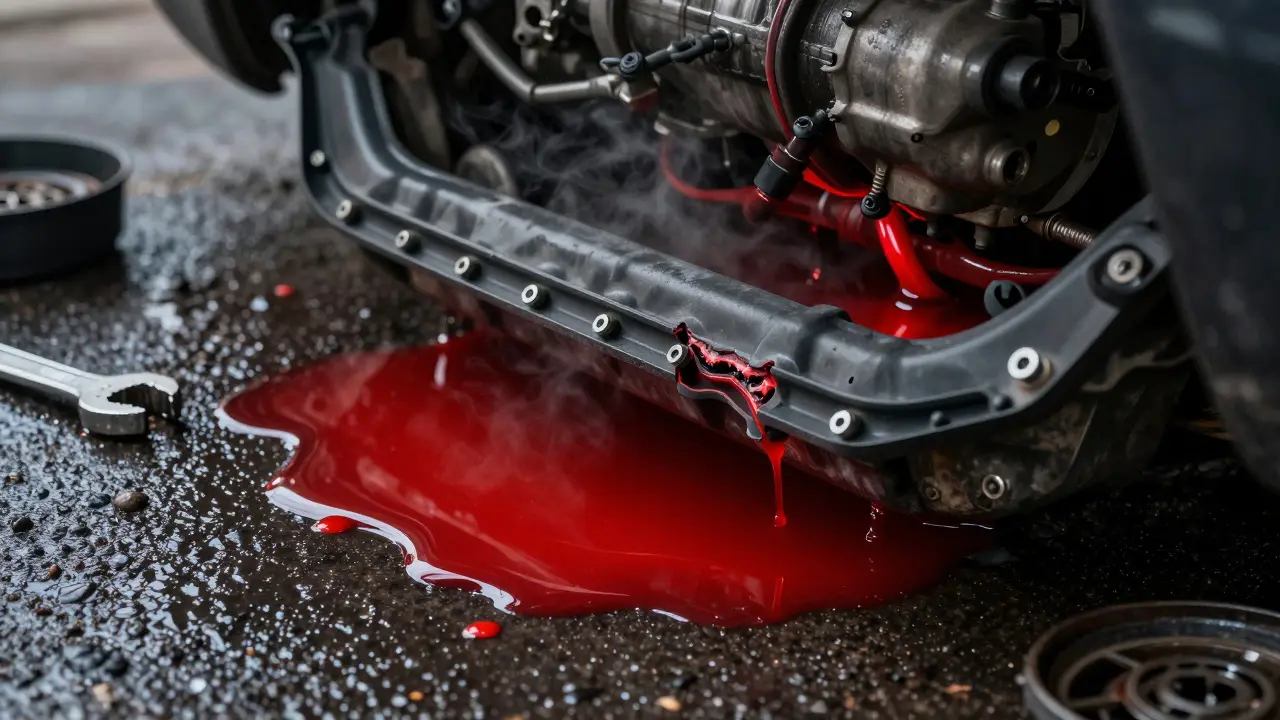Auto Maintenance: Quick Tips for a Healthier Car
If you own a car, you've probably wondered how to cut back on repair costs, boost performance, and keep your vehicle on the road longer. The truth? Most major car issues start out small—usually with neglected maintenance. A few minutes each month can save you hundreds, sometimes thousands, down the road.
Let’s talk basics. Oil changes are like hydration for your engine—fresh oil means fewer breakdowns and better efficiency. Skipping your oil changes might feel harmless, but old, dirty oil gums up the works. Check your oil level with the dipstick and pay attention to your owner's manual for intervals. Many modern cars now remind you when service is due, so double-check your dashboard warnings.
Tires deserve a spotlight. Uneven wear and under-inflation cost you fuel efficiency and put your safety at risk. Use a simple pressure gauge at the gas station or grab a compact digital one for your glove box. Rotate your tires about every 6,000 miles and keep them balanced. Check your tread depth with the penny test: stick a penny into the tread with Lincoln’s head upside down. If you can see the top of his head, it’s time for new tires.
Don’t sleep on brakes. Squeaking, grinding, or a soft feeling when you press the pedal means something’s off. Addressing brake issues early on means you’re replacing pads, not pricey rotors or calipers. Most shops check brake life for free during regular service—you just have to ask.
Air filters, both for your engine and your cabin, need swapping every year or two depending on where you drive. Dirty filters choke your engine, drag down your MPG, and even make your car smell musty. You can usually change them yourself; YouTube is full of 5-minute how-tos.
Car batteries die suddenly, but most show signs first—slower cranking, dimmer lights, or weird electrical quirks. Pop in for a free battery check at parts stores if your battery’s over three years old. If your car sits for long stretches, invest in a battery maintainer to fend off failure.
Keep an eye on fluid levels: coolant, brake, transmission, and power steering. Most reservoirs are clearly marked. Top off with the right type if levels drop, but a big loss may signal a leak needing a repair shop’s help. Learn what the warning lights on your dash mean. Modern vehicles have sensors for everything—don’t ignore that check engine light, even if your car seems to run fine.
Still lost in the weeds? Grab your car’s manual. It's not just a dusty glove compartment filler—it's legit loaded with maintenance schedules and specs designed for your exact vehicle. Many shops scan manuals to guide their services, so you’ll be ahead of the curve if you know what’s due and when.
Want to save on big repairs? Keeping up on the small stuff pays off every time. Basic auto maintenance isn’t complicated, but it’s the happy middle ground between driving trouble-free and getting stranded with a busted part. Stay ahead with regular checks, and your car will pay you back with smooth driving and fewer surprise bills.

Car Parts and Their Impact on Vehicle Performance
Car parts play a crucial role in the overall performance of a vehicle. Understanding how each component affects functionality can help car owners make informed decisions about maintenance and upgrades. From the engine and tires to the exhaust system, every part contributes to how well a car runs. This article delves into the specifics of car parts, offering insights and tips on enhancing vehicle performance through proper maintenance.




